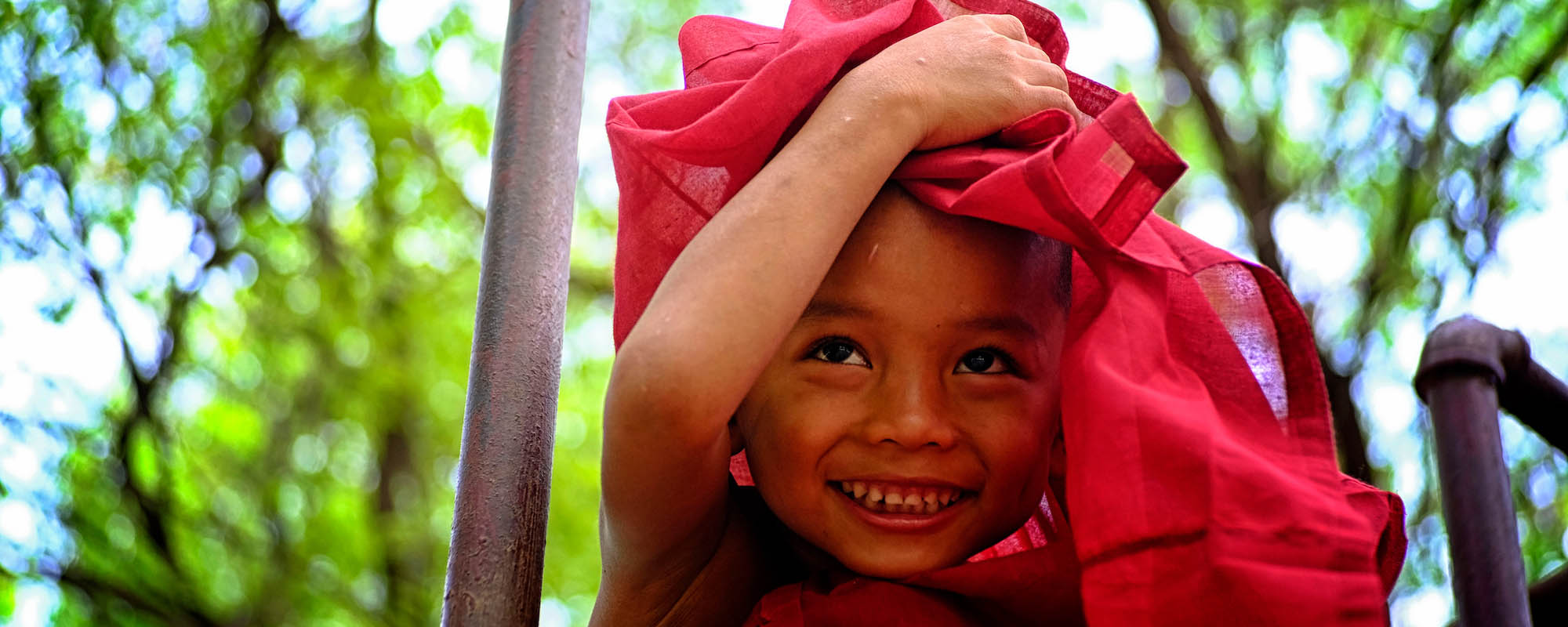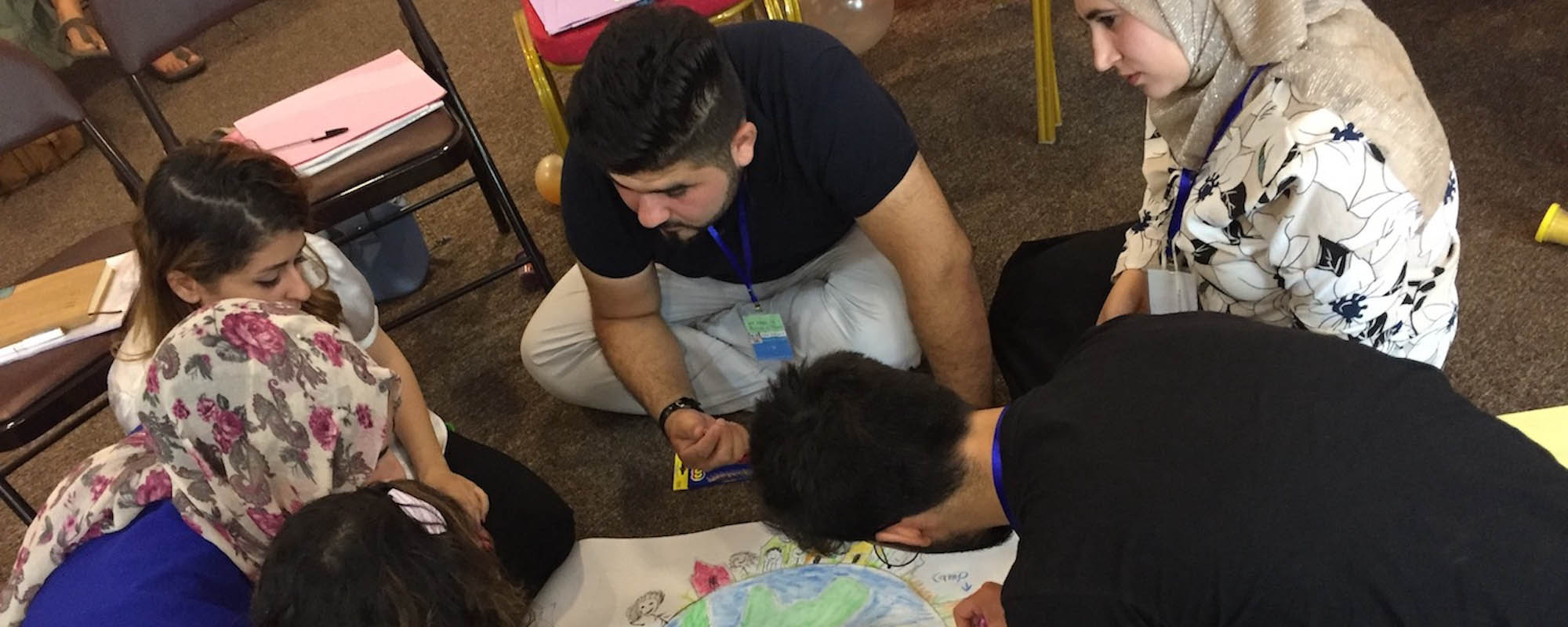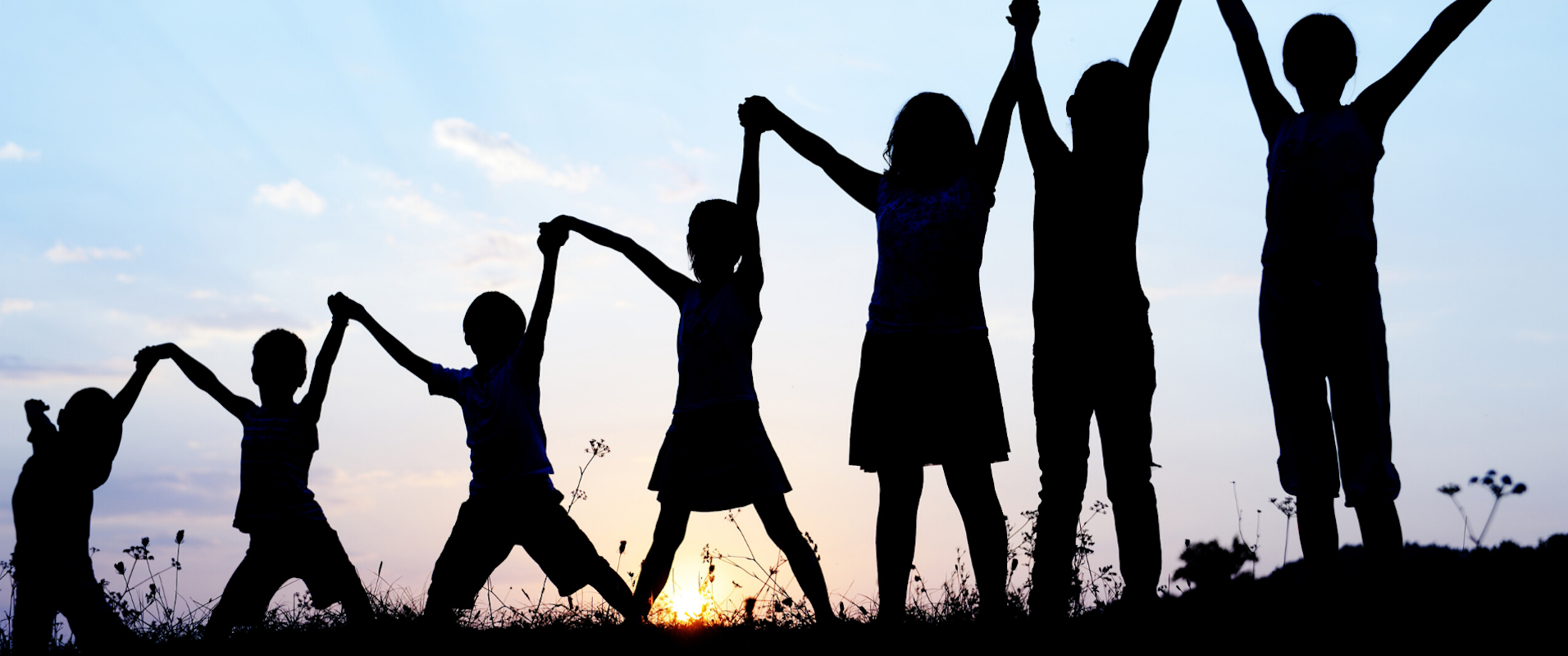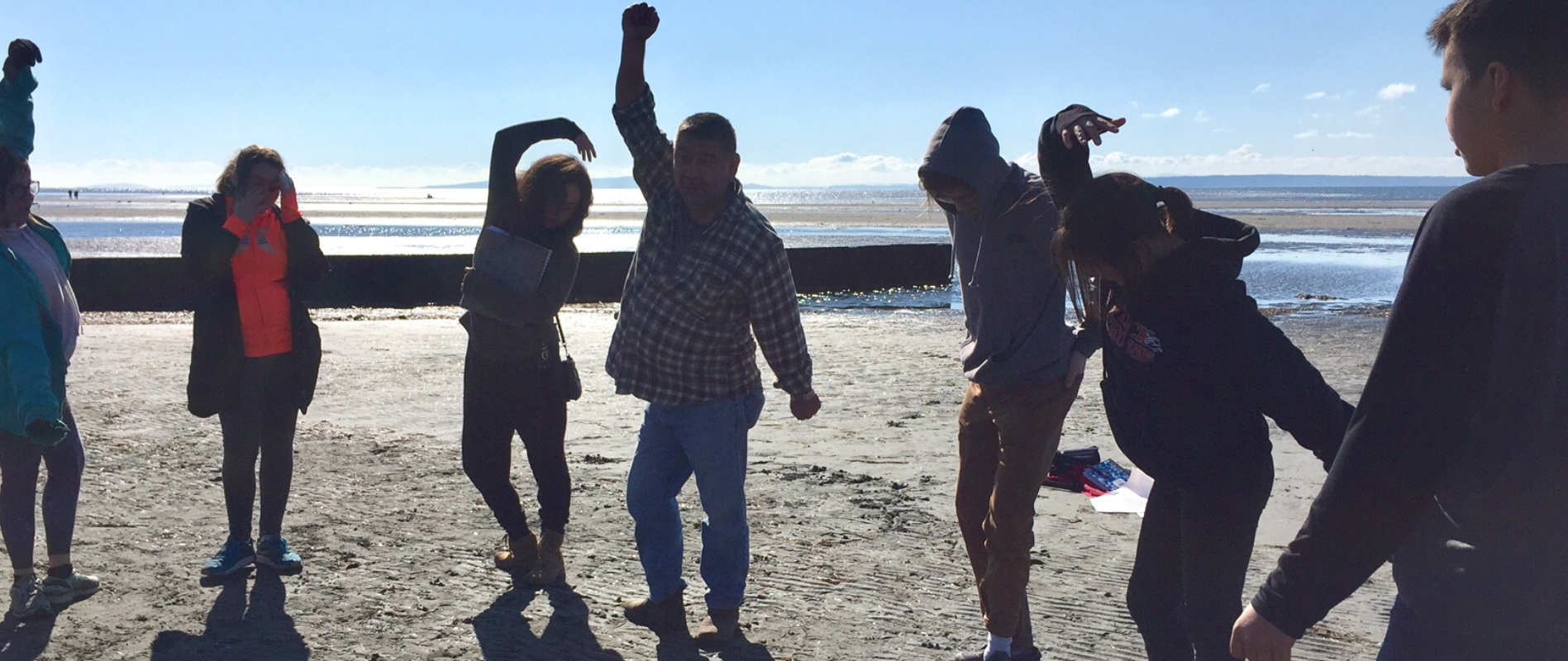As the effects of climate change become more visible and extreme, they are likely to affect adversely the lives of children and adolescents all over the world. For example, families that lose their livelihoods to drought will be less able to afford the costs of schooling or health care. Over 99 per cent of deaths already attributable to climate-related changes occur in developing countries – and children make up over 80 per cent of those deaths. Diseases may spread – especially diseases that threaten children more than adults, such as malaria and diarrhoea. Hard-won development progress may be reversed. In fact, one of the key messages of this e-book is that climate change both feeds on and accentuates inequality. The inequality, for example, between the inhabitants of the present and those of the future whose legacy is being squandered; between the countries that have emitted the most carbon and those that are paying the price of those emissions; and, within nations, between the fortunate and the have-nots who are already undernourished or living in unsanitary conditions. Inequality undermines the world’s capacity to care for its most vulnerable, youngest citizens, those who should be protected by the Convention on the Rights of the Child (CRC). This e-book emphasizes the importance of upholding children’s rights in the post-2015 development agenda and the climate negotiations. A commitment to reduce greenhouse gas emissions will benefit all of us – but especially children. Improving the lives of marginalized communities in developing countries means embarking on and funding low carbon development. We must also recognize the interconnectedness of climate change with other sectors. Investments in health, education, nutrition, sanitation, and access to sustainable energy are beneficial in and of themselves. They also make children and their families more resilient and better able to adapt to climate change and its hazards. The challenge of climate change is huge; it requires an urgent response from all generations – and the children who will inherit the earth are the last people who should be excluded. 14-year-old Khadidiatou from Senegal summed it up well when she said: “I want governments to establish an agreement between the rich and the poor, to make adaptation better in African countries. You need to listen to the voice of the children!”






